Refinish Cabinets
Part 2 of Fireplace Makeover
Paint Cabinets
you could also use these directions for kitchen cabinets
Disclosure: This site contains affiliate links. As an Amazon Associate, I earn from qualifying purchases. Clicking on links, and purchasing products, may result in the seller paying us compensation. Affiliate links are in green.
This is part 2 of our fireplace makeover. When we purchased the house, it was as shown below. Vintage 1970’s.
Also see:
Lifestyle Blog
Fireplace Projects
Wood Projects
Paint Projects
FIREPLACE PROJECT:
Part One: Whitewash The Fireplace
Part Two: Paint The Cabinets
Part Five: Build Shelves & Mantle (coming soon)
ALSO SEE:
Install Baseboards (coming soon)
CABINET PAINTING SUPPLIES
Paint Choice: Behr eggshell finish - untinted (just pure white, as it comes in the can)
NOTE: choose color and finish you prefer. There are many shades of “white”, as well as color. I went with satin because I do not care for glossy finishes. I needed a color that was really white due to the lightness of the walls (Tailor’s Chalk eggshell finish by Behr). However, the higher the gloss, the more durable and washable the surface.
General Painting Supplies
Click links to check Amazon prices. Green links are affiliate links.
painter's drop cloth old towels will do – I use old towels to protect areas from paint splatter and drips
Various paint brushes in sizes of your choice
TSP or other good cleaner / degreaser
kitchen garbage bags with draw string for storing paint tray during breaks
baby wipes works well for quick clean-up
screw driver for removing hardware
Sand Paper 220 grit and 100-150 medium grit (for hard to reach areas)
Resealable Plastic Bags (such as zip-lock) for storing brushes when not in use
Disposable Gloves definitely recommended when using the oil base paints
mineral spirits for cleanup if using oil base paints
cloth for skin clea-up I used Disposable Cosmetic Pads
Rubber Mallet or hammer (for pounding down the paint can top when done painting)
Tack cloth for removing sanding dust
Orbital or detail sander optional but I definitely used mine
Wood filler for any necessary repair
Work in a well ventilated area
Click images for larger view.
INSTRUCTIONS
1. Prepare Cabinets
Pull the cabinets out from the wall if possible (paint them in place if not). Our cabinets were free standing, so I pulled them away from the wall. The upper shelves and cupboards were donated.
Remove the doors from cabinets. Remove all hardware.
Clean the cabinets with a damp cloth (or TSP if they need a good de-greasing). Let dry.
Sand all surfaces , using the 220 grain sandpaper. This will de-gloss the surface as well as smooth any rough areas. I used my electric sander as much as possible, and used sand papers and blocks in harder to reach areas.
Remove dust with a tack cloth.
CHAOS
Lopez Island, WA
We were also pulling up old floors, whitewashing the old bricks of the fireplace, and removing the sparkly ceiling - all while I was refinishing the cabinets. We lived in quite a mess. Every now and then, I would set up the room in some semblance of normalcy. I recommend doing that. Clean up every now and then, put things away, and take a day “off.” Get out and look at nature - get away from the mess. This is so important when living in the house you are remodeling.
2. Apply Primer
Paint on the primer - I painted interior and exterior of the cabinets. Let dry 24 hours, then sand with 220 grit sandpaper. Using a tack cloth, wipe off the sanding dust. Repeat for a second coat.
In the third photo below, you can see that the sparkly ceiling has been removed and the electrician has installed the can lights. The fireplace is not yet whitewashed, the hearth is not yet refinished, and we still have the old flooring.
Click the following photos for larger view on mobile devices.
Lay out the doors. Follow the same steps as with the main cabinets. I left the hinges on the doors, and used one of my tiny, artist brushes to paint around the hinges.
3. Apply Top Coats
I followed the same steps with the top coat as I did the primer. It took 2 coats of top coat paint.
Use a roller for the larger, flatter areas, and the angle brush to get into grooves and corners. Let dry 24 hours. Sand with 220 grit sandpaper. Clean off the dust. Repeat for second coat.
TIP
I do not believe the water base paints are as durable as the old oil base enamels my father used, but I like the fact that they are easy to clean up (brushes can be cleaned with water). I always keep lists of paints in a notebook, and I keep some extra paint on hand for any touch-ups needed.
Wait 48 hours (for proper curing) before installing hardware.
ON-GOING WORK
As mentioned, we were also pulling up the floor while refinishing the cabinets (we usually had several projects going at once during our house remodel). We tore out the linoleum, then pried up the subfloor. Hundreds of subfloor staples remained. It was NOT fun to pull those up. We had also whitewashed the fireplace at the time the following photos were taken.
See links above on removing flooring and whitewashing brick, and to see our other projects.
Finished Cabinet
I love, love, love the new look. Bright, cheery, and cozy.
We also installed shiplap on the wall.
More Painting Projects
Lifestyle Blog
It’s all about enjoying life in a perfect balance.
Organize, minimize, simplify, DIY. Free up time and money for hiking, biking, art, enjoying nature - or doing the things you love.
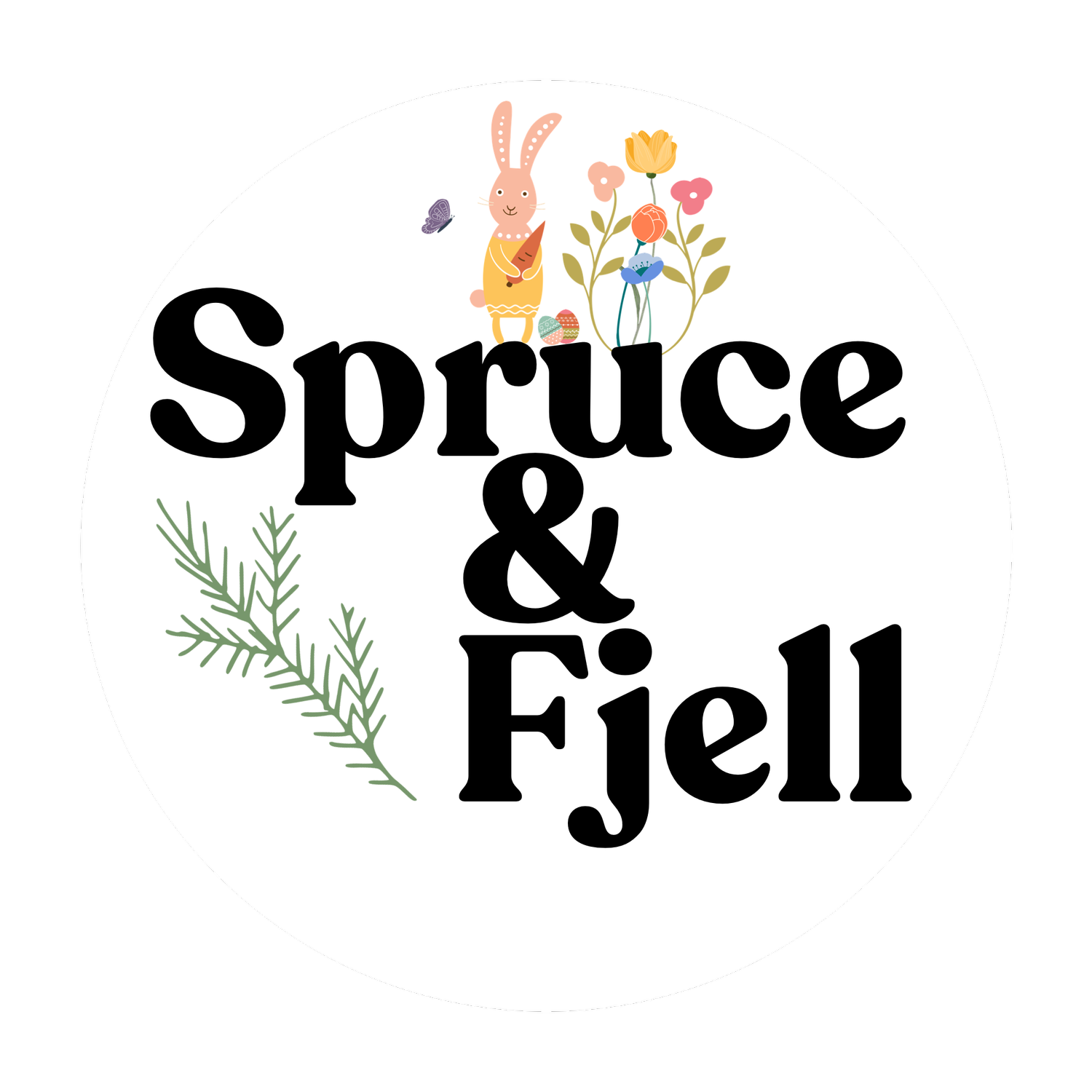

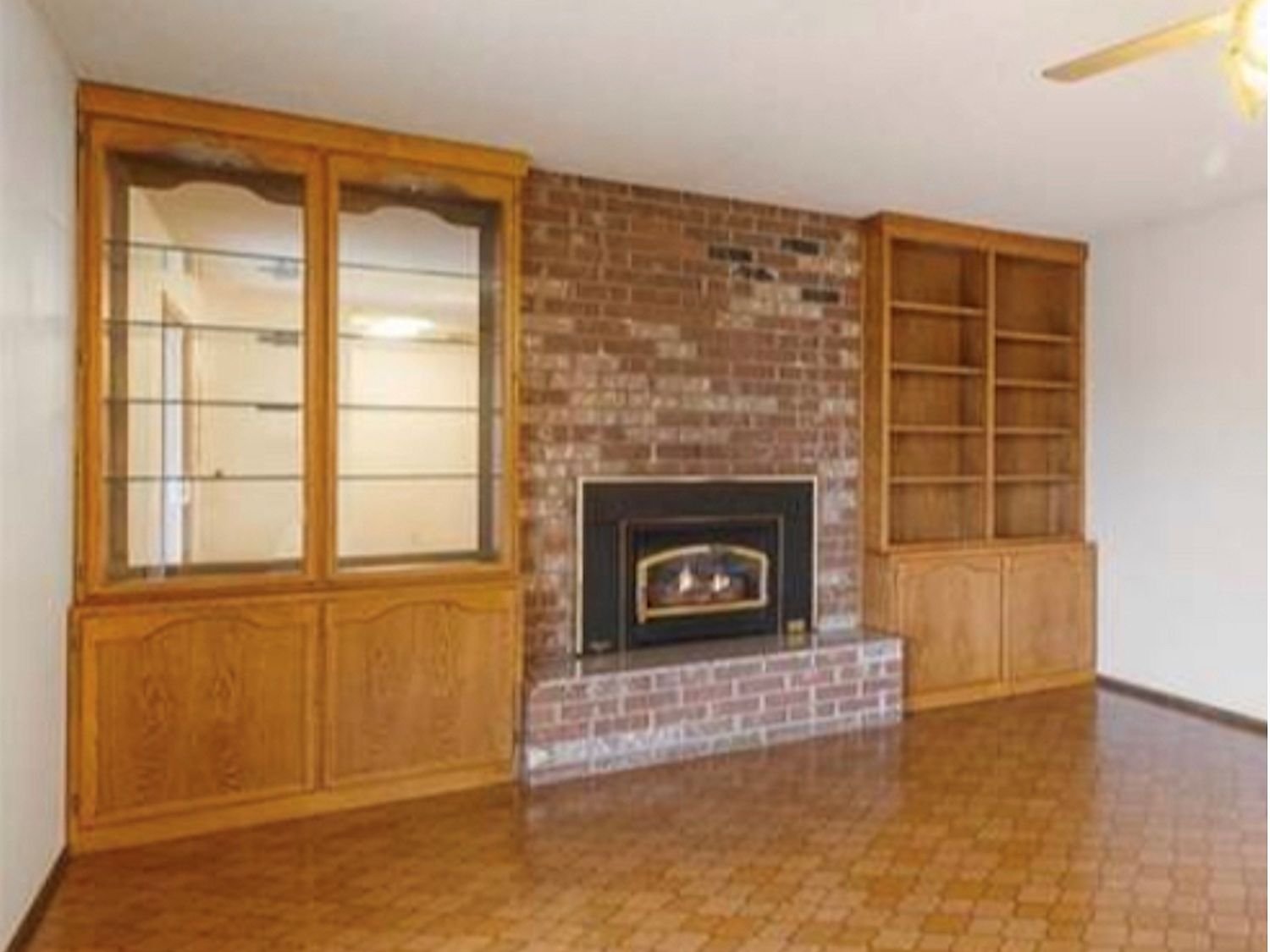









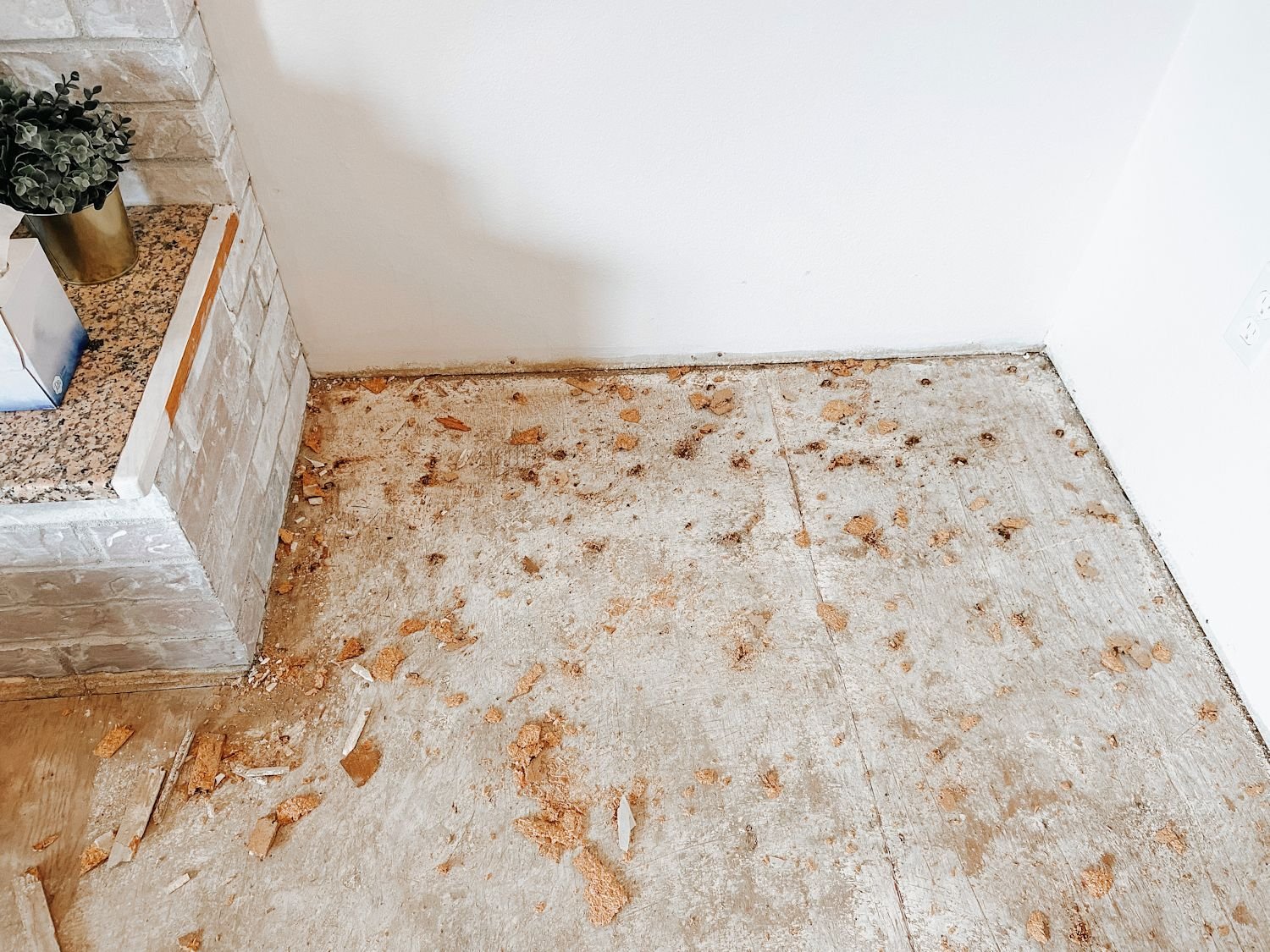





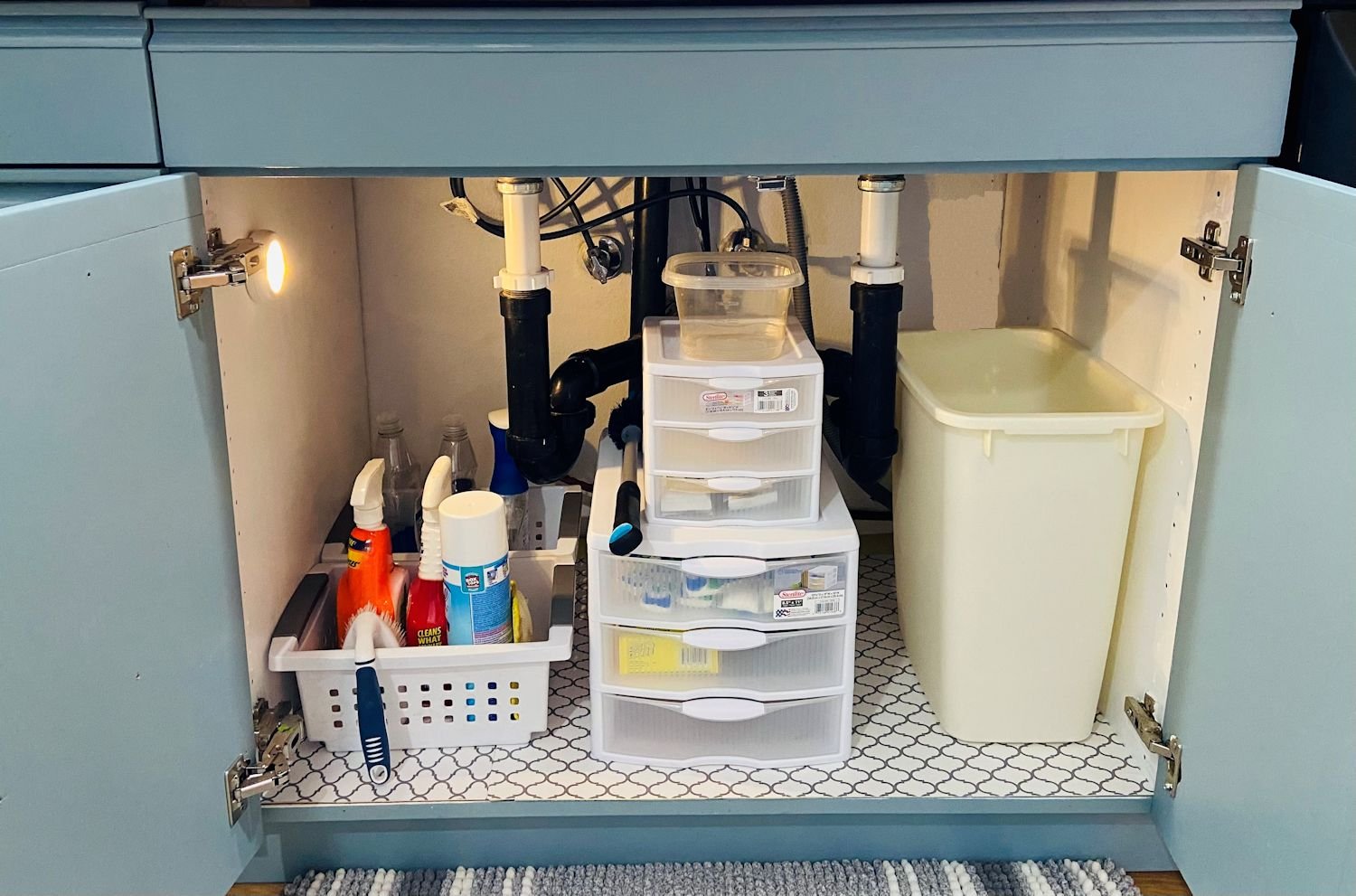








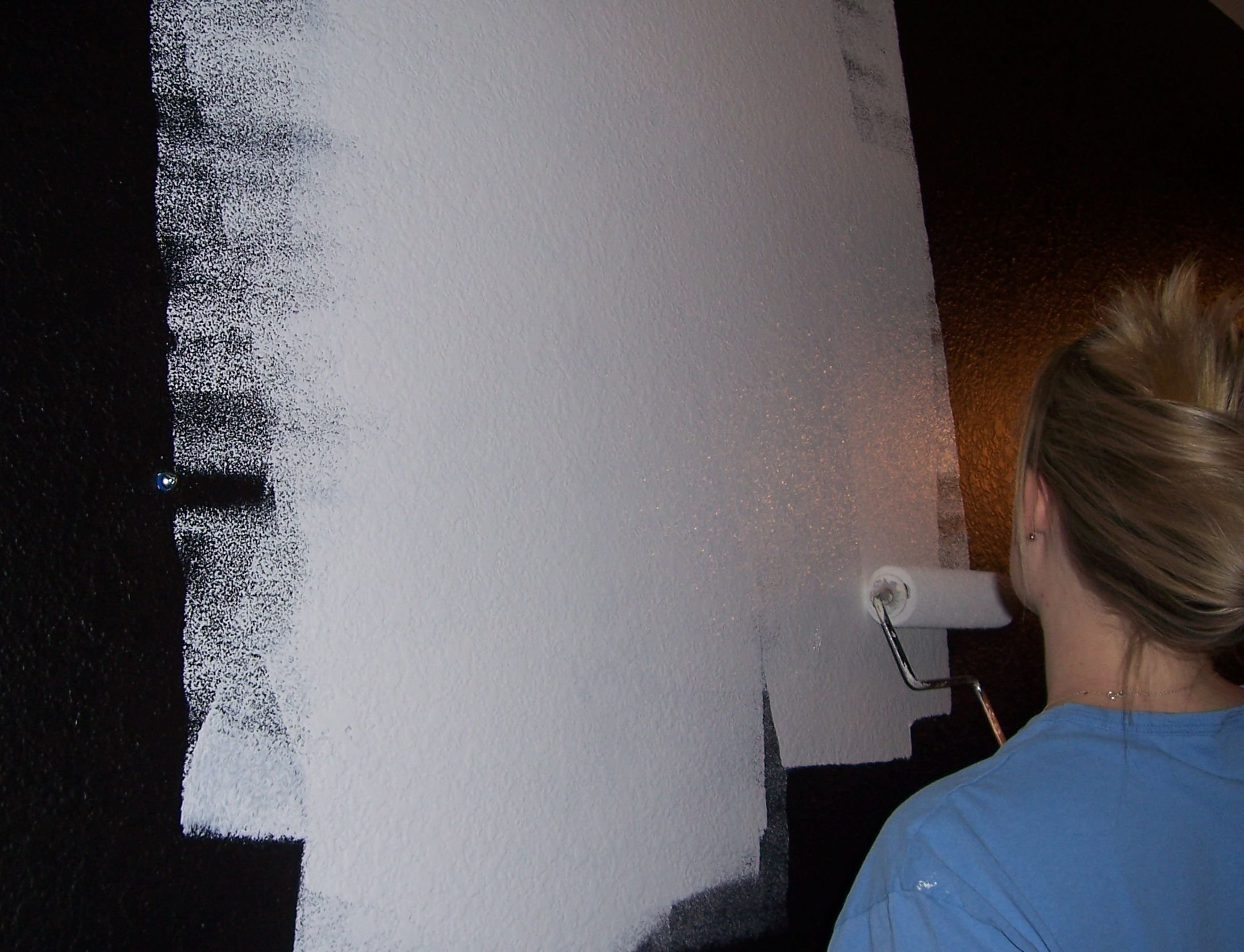










Protect your wood deck from the elements with proper prep and quality stain. Proper maintenance enhances the life span of a wood deck. Protect from snow, rain, freezing ice, hot sun.